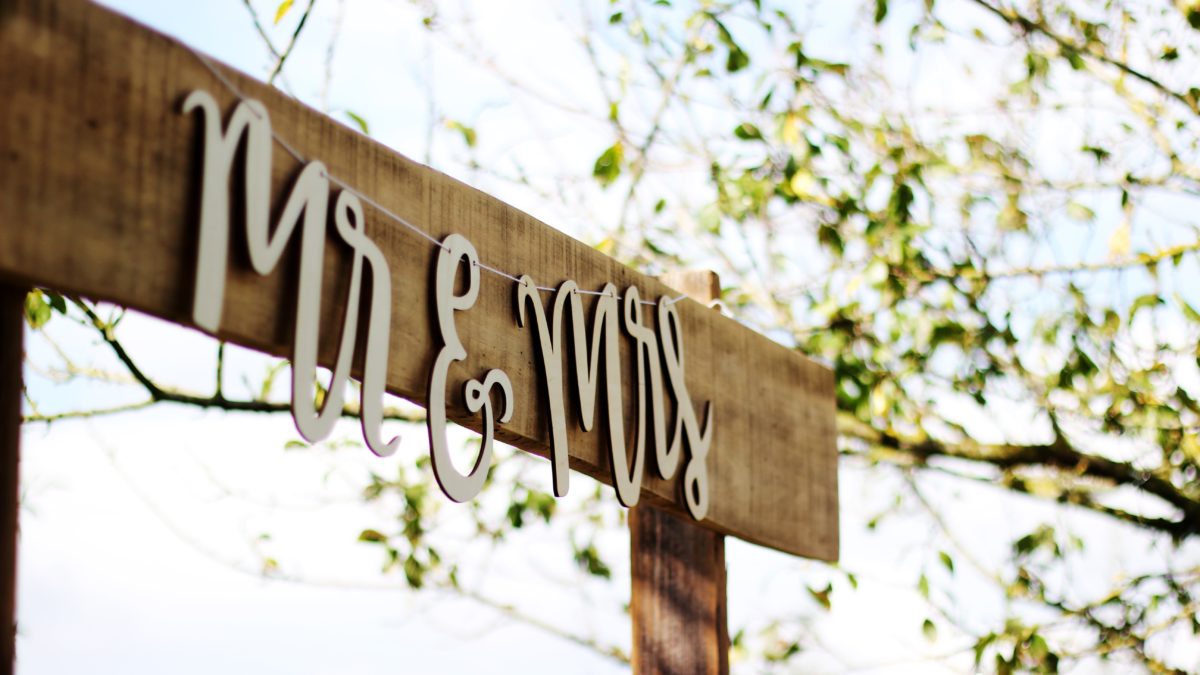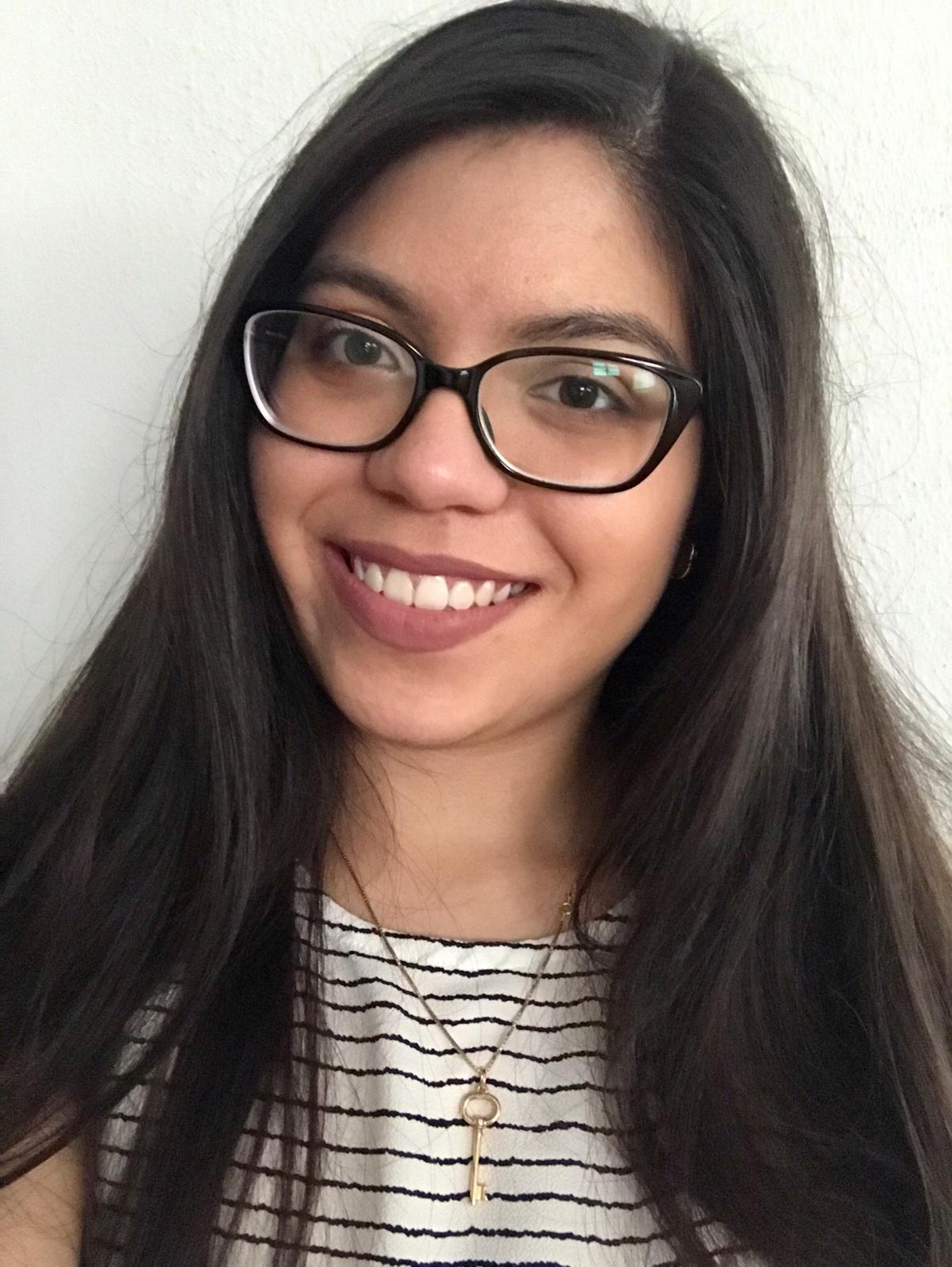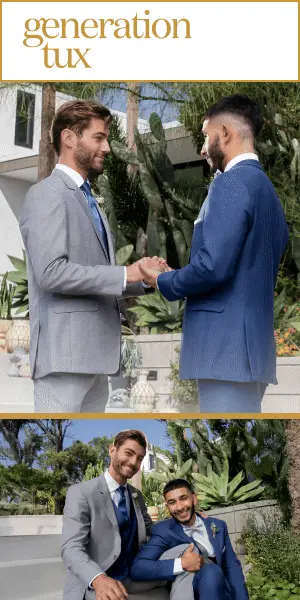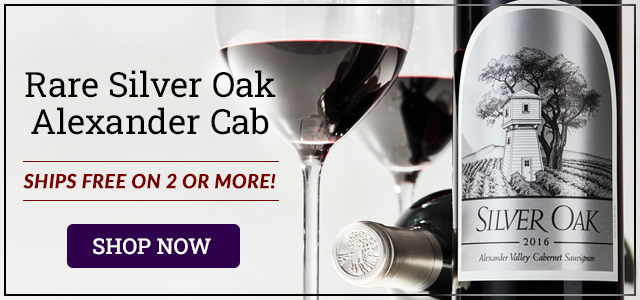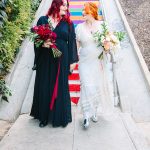“I don’t know if I am going to pride this year.”
The chatter of the bar had forced me to raise my voice a little more. I was with a small group of friends, sitting at a table. We’d come out to celebrate my engagement. Kay, the party girl of the group, asked us if we would go with her this year.
“But it’s super friendly to allies!” she said, taking another sip of her drink.
“Kay, I’m bi,” I said, trying to smile. I knew she didn’t mean anything by it, but she was not the first person I came out to because of my engagement.
“I didn’t realize,” she said, trying to not look ashamed. “I’ve only ever seen you with Jack.”
I first realized I wasn’t straight around my fifteenth birthday. I knew that I would eventually have to tell someone, but having Latin Catholic parents made that eventuality feel like it would take forever.
A year later, I accidentally came out to my parents as bisexual during a fight. Cue the incessant sobbing from my mother and the chilled silence from my father. In between tears, my mother demanded an explanation. When she heard that I was still attracted to men, she thanked the Virgin Mary and wiped her eyes. The next day, my dad bought me our favorite snack, his way of saying I was forgiven. But sixteen-year-old me went back to the closet and didn’t come back out.
My parents’ reactions showed me that even if I was more attracted to girls than boys, the fact that I still liked boys at all would always mark me as straight in their eyes. No matter the context or how I expressed my attraction to anyone. Unless I was seriously dating a girl, I was straight and there was nothing I could do about it.
My romantic life in high school continued on with a lot of flirting with boys and girls, but no serious romantic relationships. I thought it would be safer not to explore my feelings.
In retrospect, my parents did their best with the limited understanding they had. Still, the assumption that I have to be straight because I am attracted to someone of the opposite sex is infuriating, especially now that I am engaged to a man.
It’s not only my experience but the experience of a lot of people who identify as bi, pan, queer, nonbinary or anything in between. I often hear stories of someone being misgendered because of their “straight-passing” relationship or being told that they’re not really part of the community because of who they have dated.
Being in a straight-passing relationship has an idea of implied privilege, right? As if we’re purposely pretending to be straight in order to get what straight people get. It is that idea that forces invisibility upon us. We are not any less queer for being in any romantic relationship, and the idea that you have to be seen as either straight or gay is damaging. Being erased means that a lot of the issues that affect people that don’t identify specifically as gay or straight get overlooked or underfunded because so much focus is put on that binary.
When we are in a so-called straight-passing relationship, it can easily look like we’re not acknowledging who we are or who we love or have loved. If we are not out about our sexuality, it appears as if we’re deliberately erasing a part of who we are for the rest of our lives. Maybe even into our afterlives, because we’ll still be viewed as straight or gay depending on who we were with last before we died.
Look, I understand that not being judged by anyone because of your partner and never coming out are privileges that not everyone is afforded. But those privileges are only afforded to us if we mask our queerness. The reality is that we need to divorce ourselves from the gay-straight binary. It’s not only wrong but damaging to everyone who doesn’t fall within its very tight definition. Bisexuality is real, and it doesn’t change depending on who the bi person is dating or marrying.
The first time I openly said I was bi, it was on a college assignment. I had written an “about me” page and I thought it was a good way to start being more comfortable with my identity. When a classmate questioned my relationship status and found out I was with a man, he told me that my relationship was straight and so was I. He even involved an out gay classmate who told me I had no part in the LGBTQ+ community until I dated a girl.
Even though I have since heard far more insulting things about my bisexuality, that particular time still hurts. It was the first time I allowed myself to acknowledge who I was, only for it to be completely denied again.
I’ve had positive experiences being open with my sexuality too. When I came out to my friends, they were the most supportive people. They immediately accepted me and have become great allies for people around them. My fiancé is very supportive of me; he never took my sexuality as something to fetishize or be paranoid about. He loves every aspect of my life and that includes being bi. (Although I could do with fewer jokes about our shared crushes.)
I have slowly come to accept and understand my bisexuality. Even though sometimes I’m more wary of the LGBTQ+ community than I would like to be, I understand that being bi will always be a part of me. Nothing—including my relationship status—can change that. What I can change is my mindset to be confident and proud of who I am and who I love. I am still working to change other people’s mindsets about bisexuality, whether they are LGBTQ+ or not, and how they see my identity. Being a bi woman means that I can have a rainbow flag in one hand and hold my fiancé’s hand in the other.
How is that not something to be proud of?
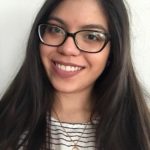 Anthonella Alvarez is a recent college graduate and works as a Teaching Artist and freelance writer in Savannah, Georgia. Originally from Quito, Ecuador, she works to share stories that expand people’s understanding of the word identity. In her free time, she tries to be good at social media and likes spending time cuddling with her pets. You can follow her on twitter @itisnella, although so far she only has a handful of tweets.
Anthonella Alvarez is a recent college graduate and works as a Teaching Artist and freelance writer in Savannah, Georgia. Originally from Quito, Ecuador, she works to share stories that expand people’s understanding of the word identity. In her free time, she tries to be good at social media and likes spending time cuddling with her pets. You can follow her on twitter @itisnella, although so far she only has a handful of tweets.
MOST VIEWED STORIES
- Tanaine and Daniella’s Classic Black and White Atlanta Wedding
- Frankie and Ryan’s Romantic San Francisco City Hall Wedding
- An At-Home Love Story in Decatur, GA: Amy and Britt’s Lifestyle Engagement Session
- Beyond the Bread: Creative and Inclusive Gluten-Free Wedding Food Ideas
- Ashley and Stephanie’s Cozy Maine Mountain Wedding at Sunday River



